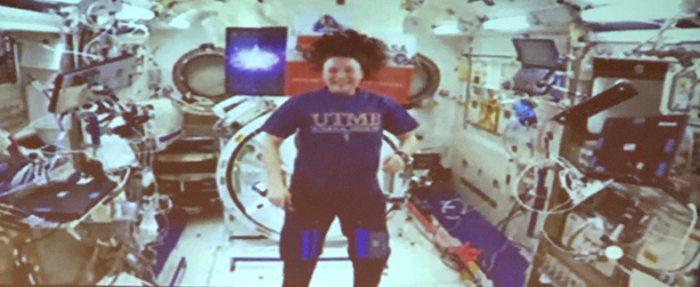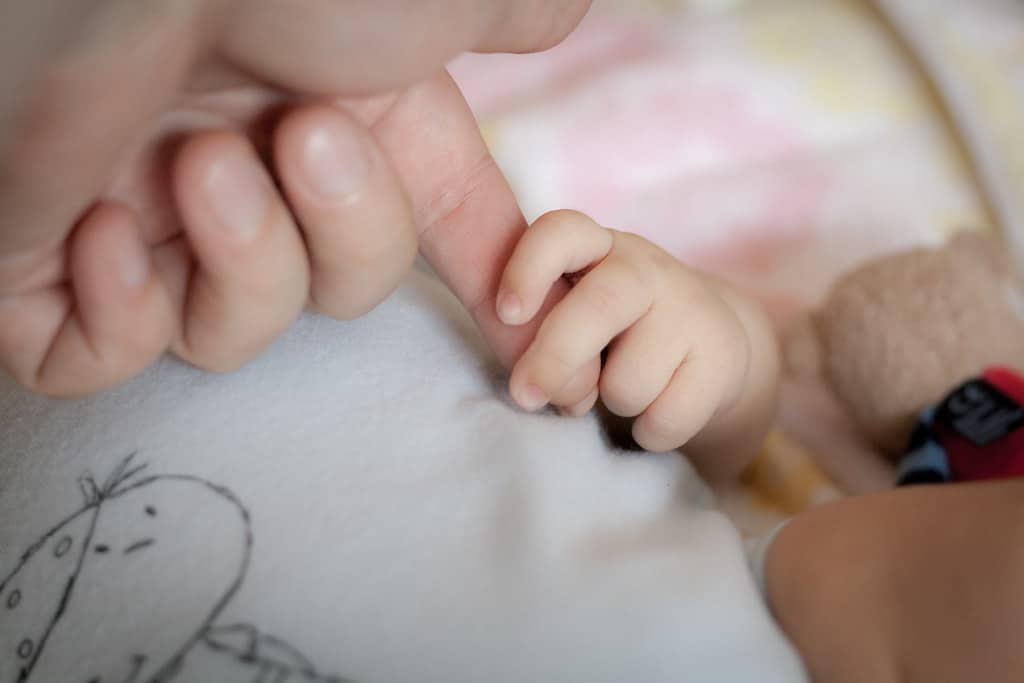A new research study from The University of Texas Medical Branch at Galveston has even more recorded how muscles are affected by decreased gravity conditions throughout space flight missions and uncovered how exercise and hormone treatments can be tailored to reduce muscle loss for private space tourists. The findings are readily available in PLOS One.
NASA has recently revealed that it will enable private citizens to check out the International Space Station. The growing number of area tourists highlights the requirement to understand the impact of decreased gravity on the body.
” The study has given us the ability to identify biomarkers that forecast how prone each person is to muscle function decline and how efficiently various workout and hormone treatments can combat the atrophy,” stated senior author Randall Urban, UTMB chief research officer and teacher in the department of internal medicine.
Senior author Melinda Sheffield-Moore, professor in the Texas T&M department of health and kinesiology and UTMB department of internal medicine, said, “This brand-new ability might enable scientists to individualize space medicine by designing particular exercise and/or hormone intervention programs for each astronaut on Earth prior to they start a long-term objective to space.”
Space flight-related losses in muscle mass and strength are an essential issue for long area expedition missions. The muscle loss during area flight mostly comes from fact that weight bearing muscles don’t work as hard in lowered gravity conditions. While in space, individuals exercise in an effort to counter this muscle loss, however it can not entirely prevent muscle atrophy. So, researchers are looking for additional interventions that complement inflight exercise.
The results of long-lasting muscle lack of exercise can be investigated with prolonged bed rest. In the study, 24 healthy male individuals were placed on bed rest for 70 days. During the bed pause, a few of the guys followed an exercise regimen and blindly got either testosterone supplements or a placebo while a control group remained in the bed without any workout training or supplements. Throughout the study, the researchers collected muscle biopsies to evaluate the proteins within the muscle tissue.
The scientists uncovered a number of modifications to the males’s muscle proteins during the bed pause that were blunted or reversed with workout, which appeared to drive a much healthier protein organization within the muscle fibers. The testosterone supplements triggered further protein modifications that promoted muscle development beyond that of workout alone.
“The special insights we’ve gotten on muscle proteins throughout extended bed rest might sooner or later be used to predict changes to muscle mass/strength in various situations and after that develop a personalized program of exercises and hormone countermeasures,” said senior author E. Lichar Dillon, UTMB assistant teacher in the department of internal medicine.




